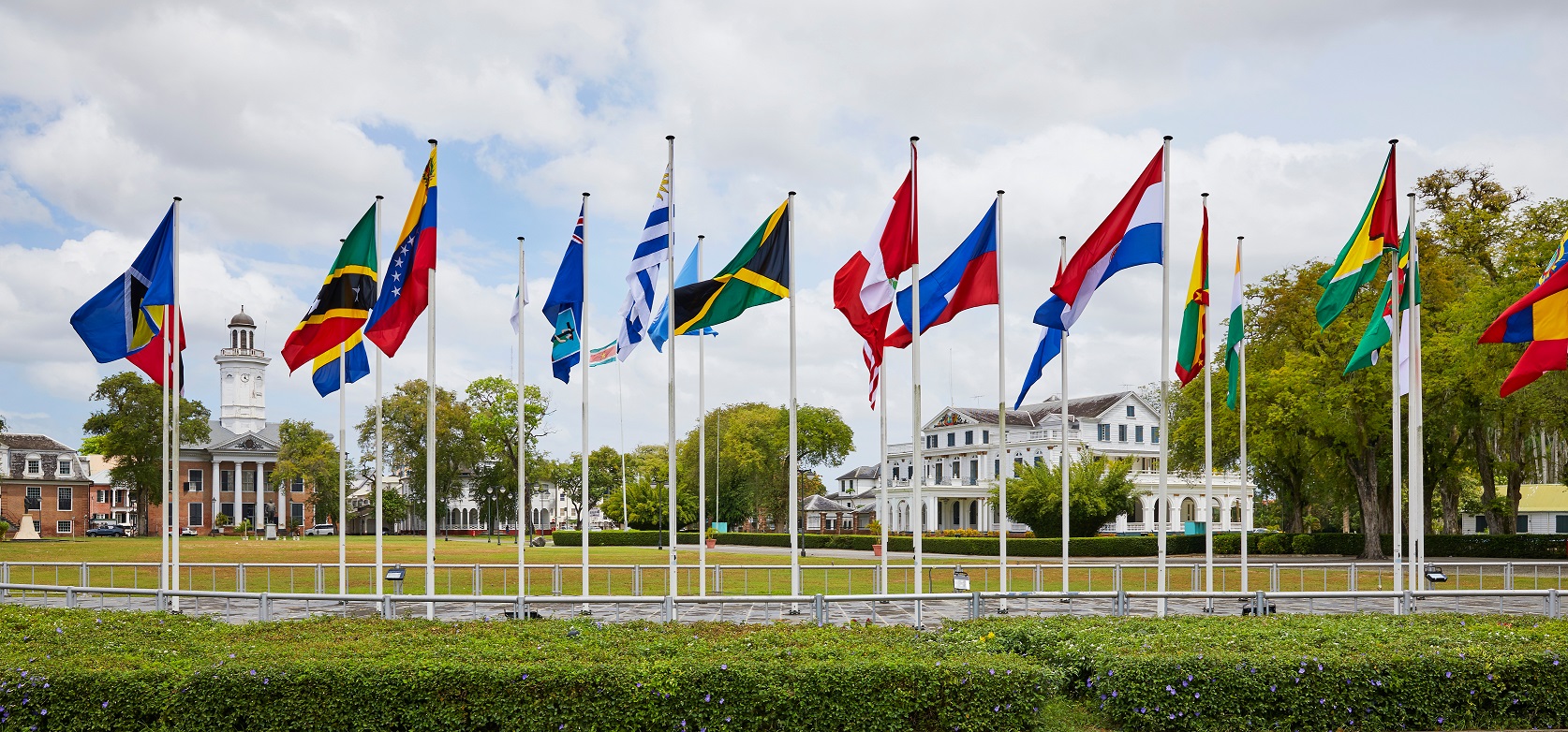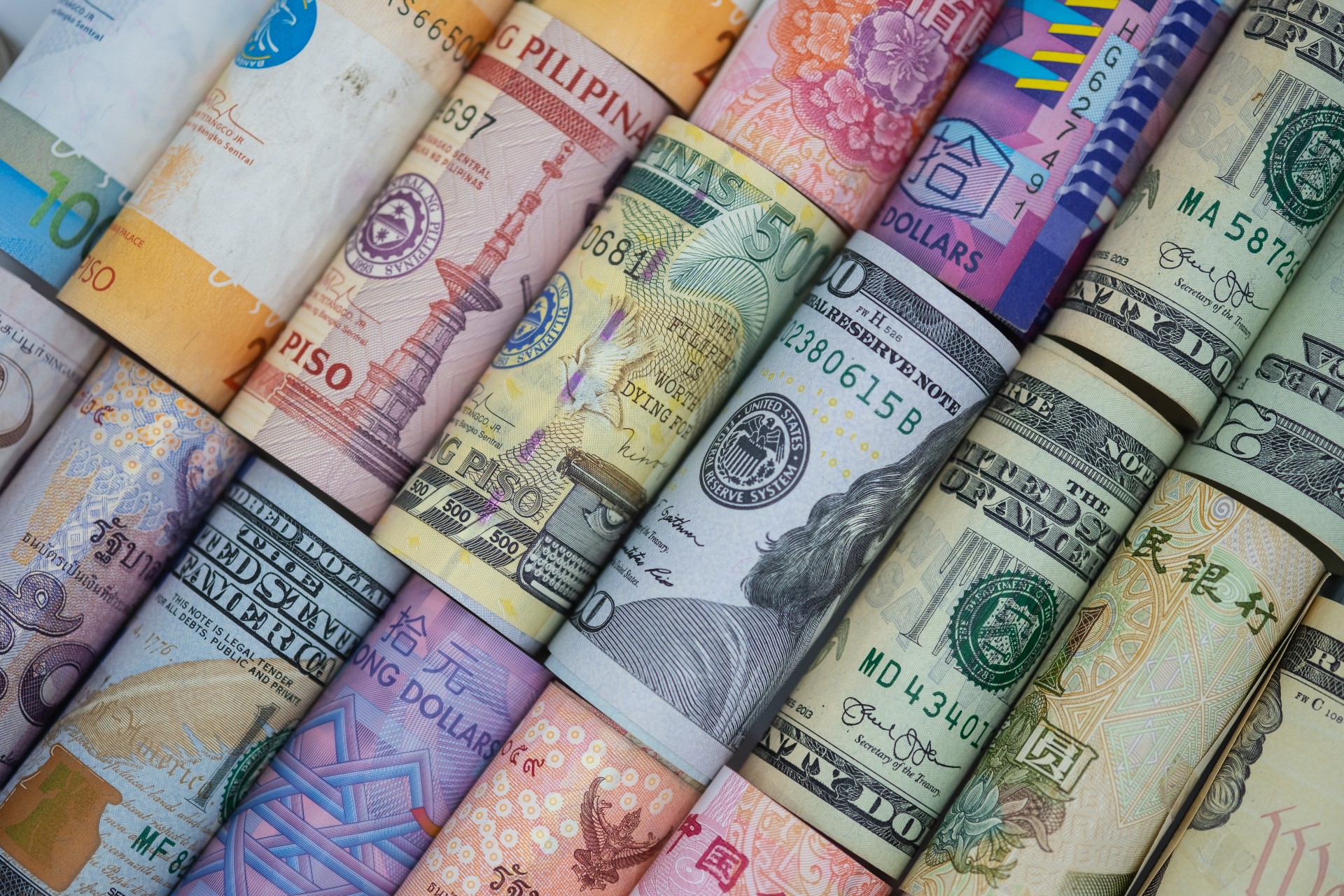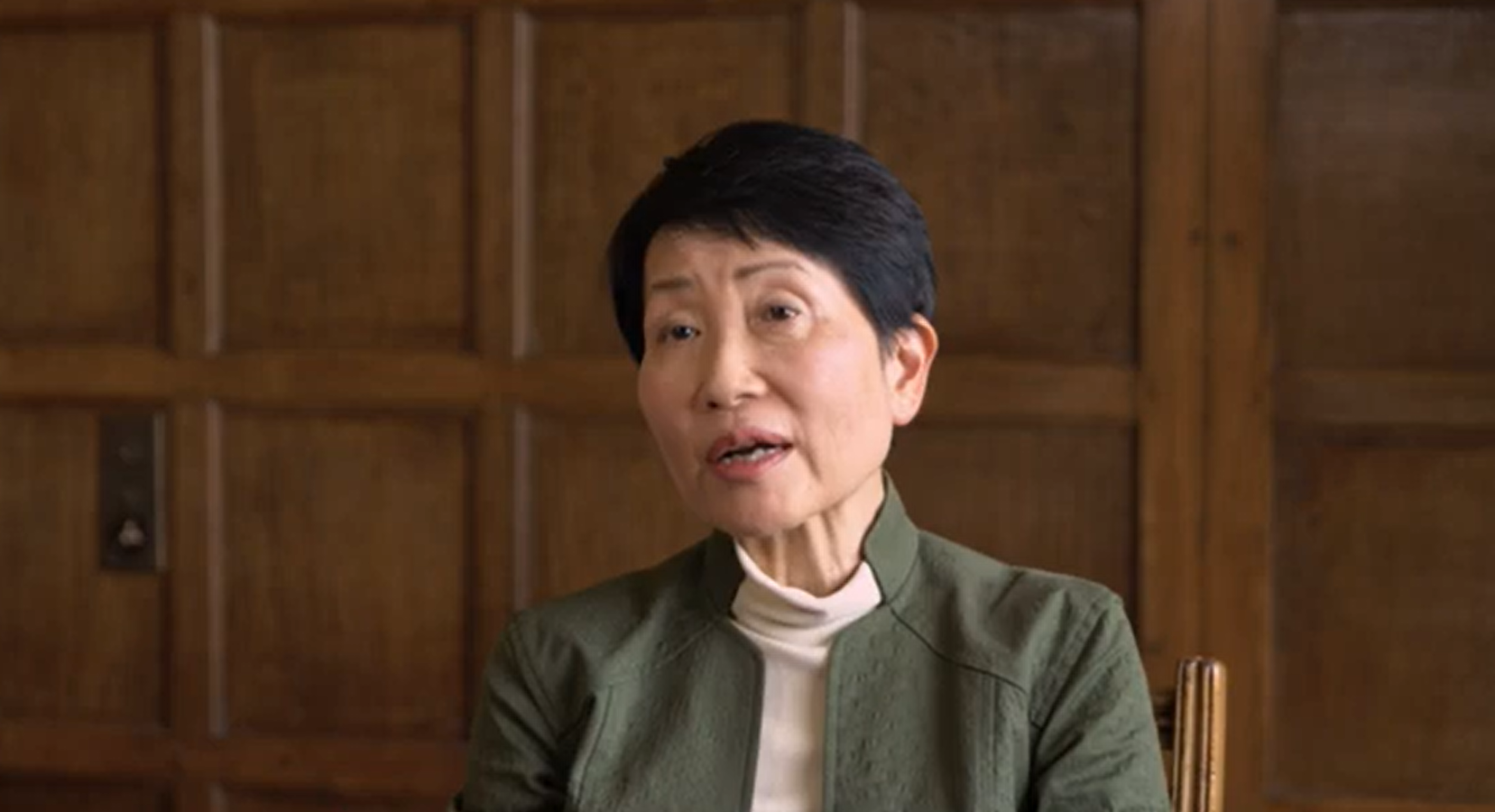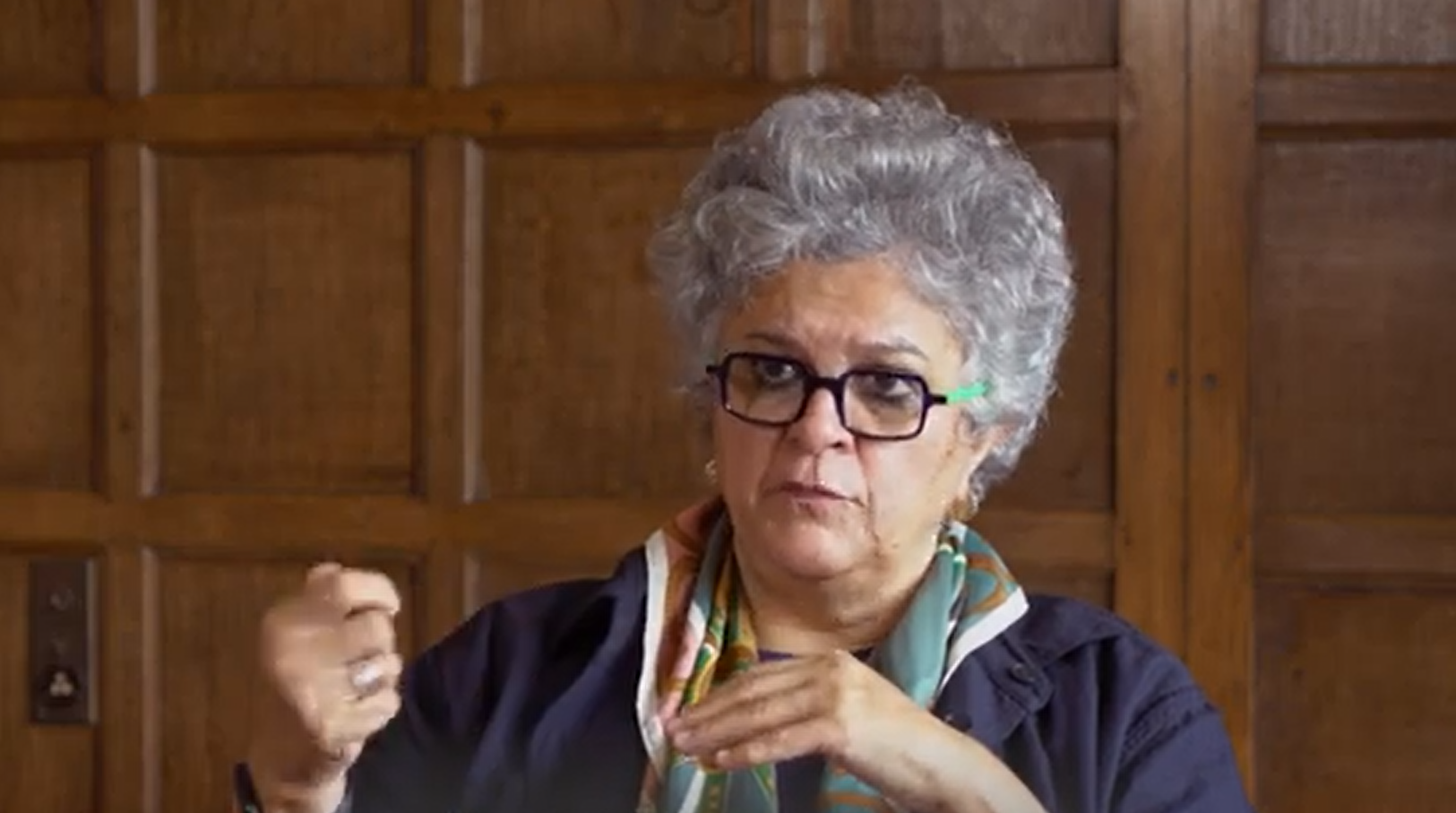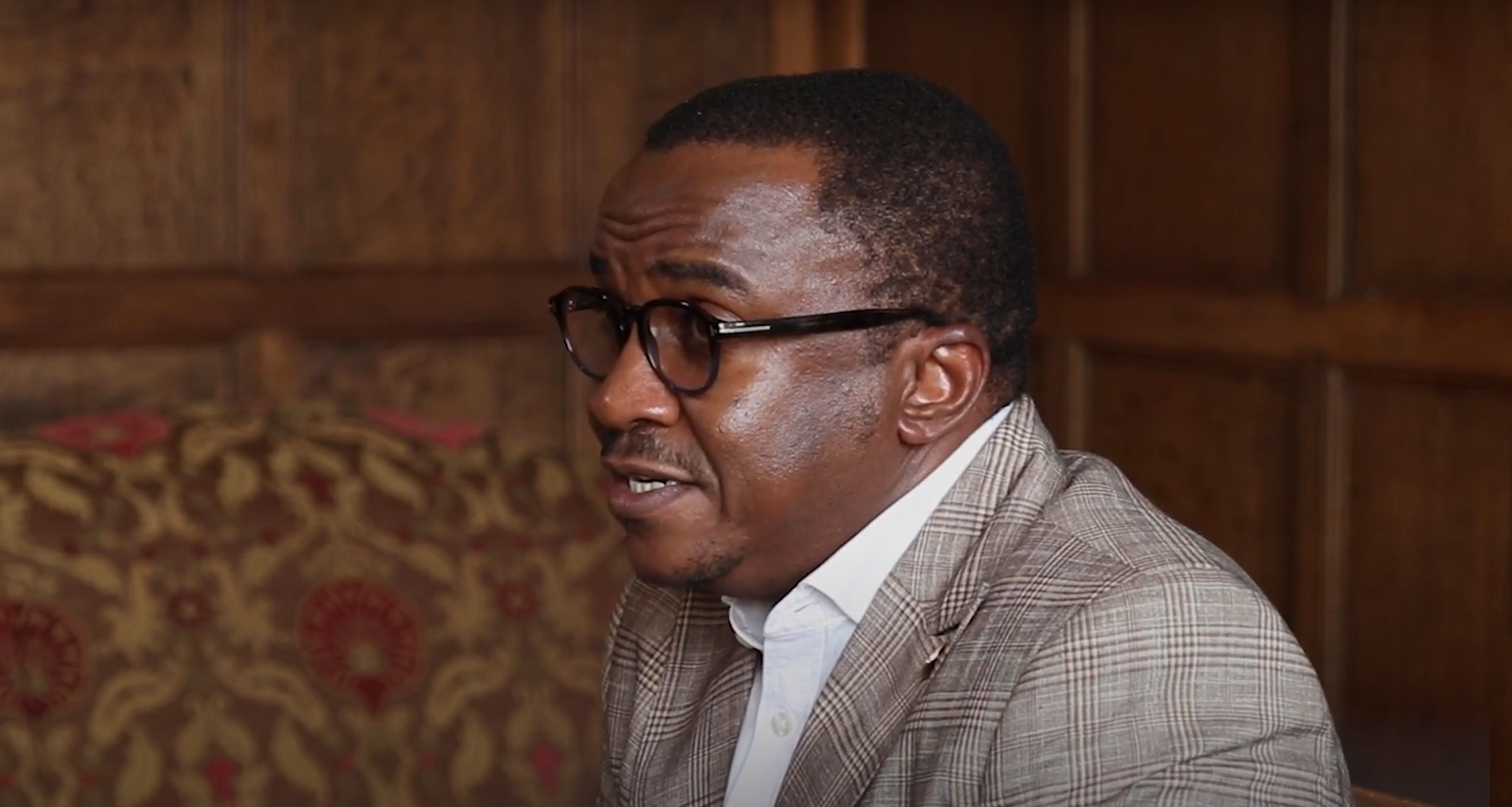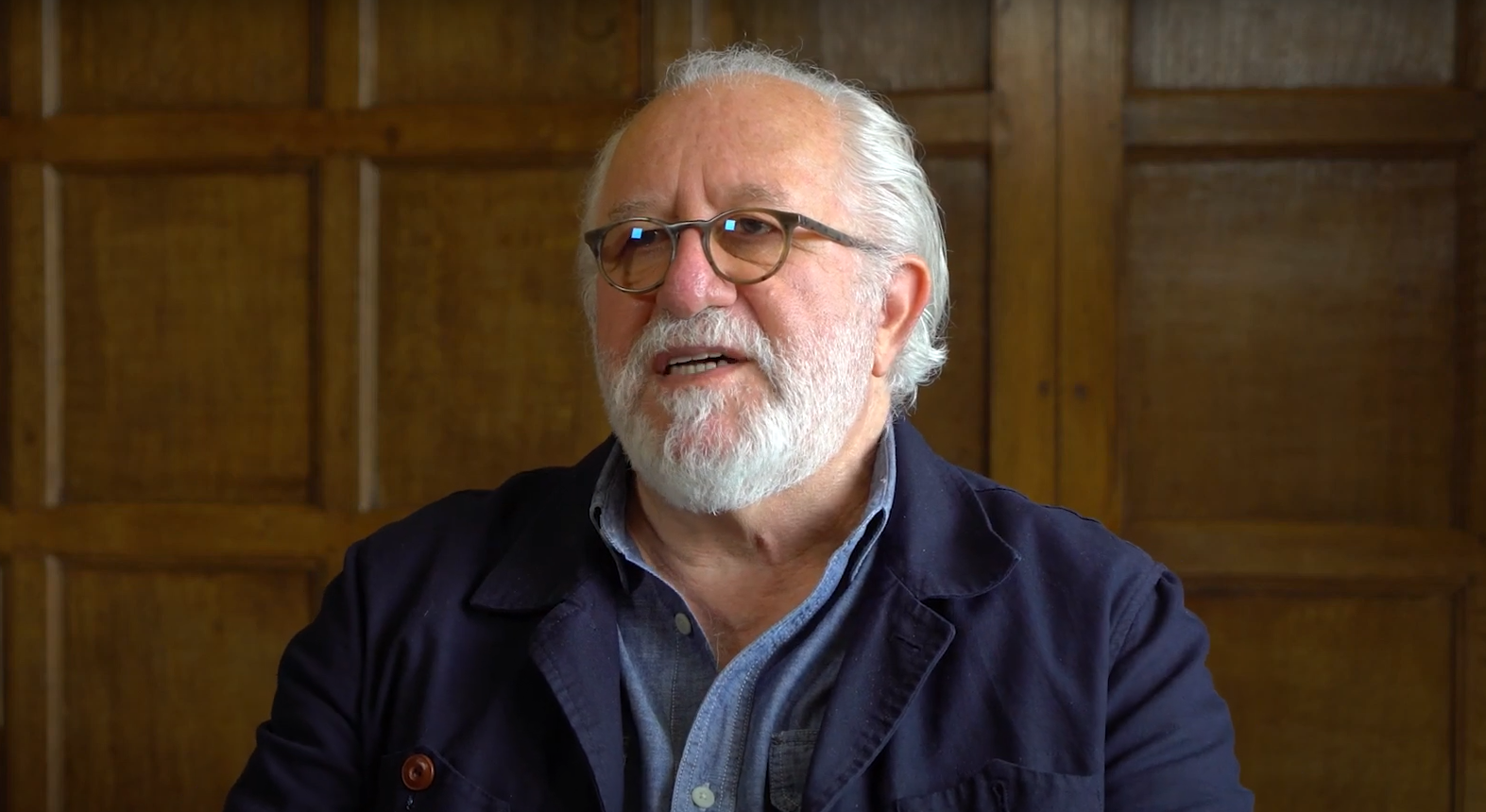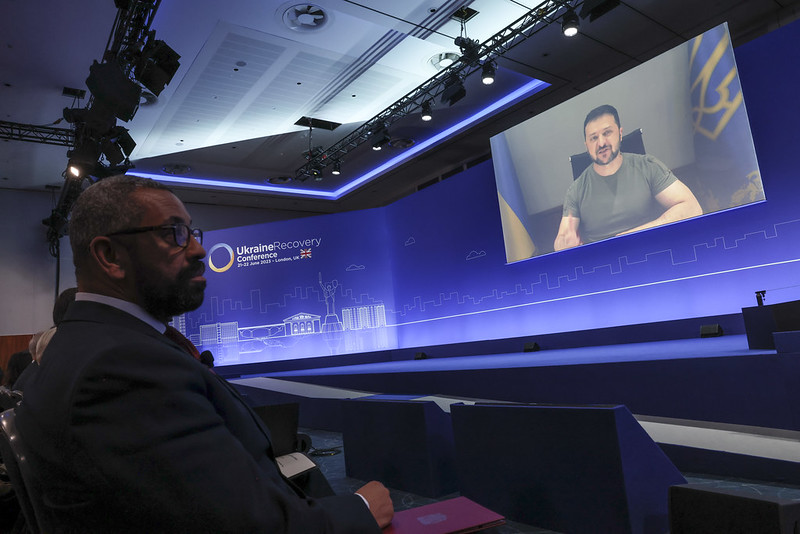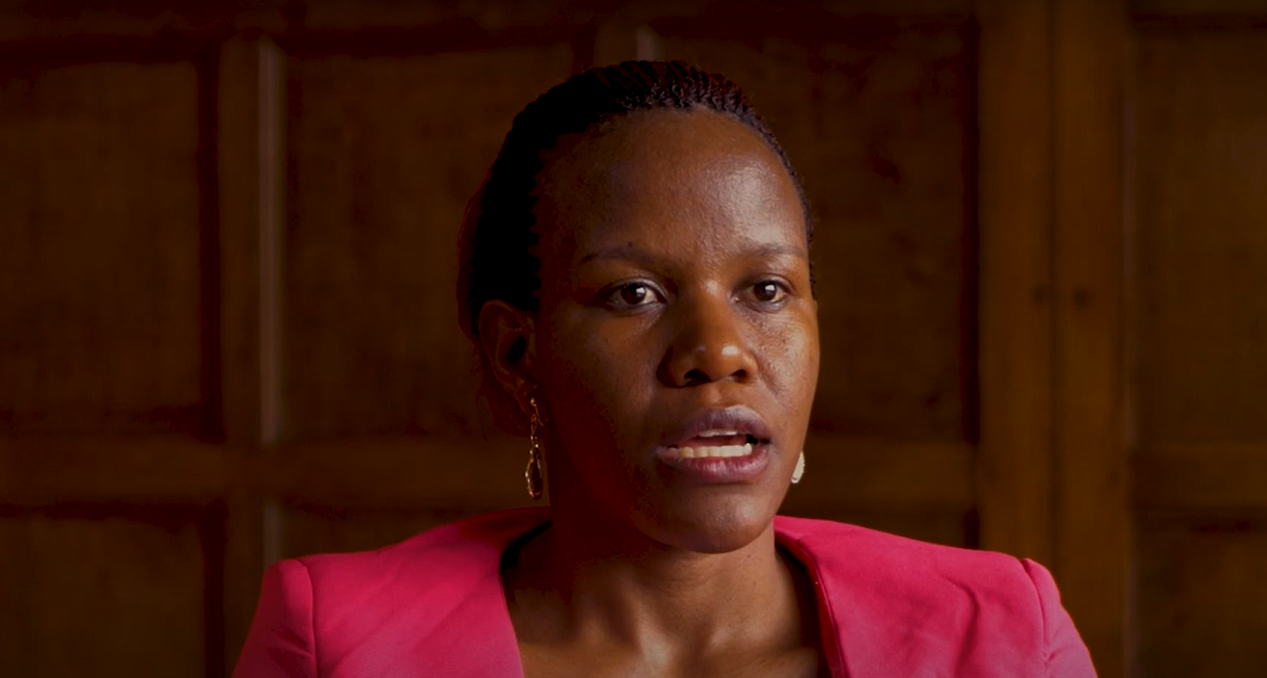This conference discussed the following points:
- What investigative, legislative and regulatory strategies are proving successful at national and international level? Do they cover the right sectors? Should others assume responsibility?
- What is the right level of international societal risk tolerance, and how much resource and constraint of freedoms is appropriate in the face of national, international and organised crime?
- Are the issues ones affecting only the stability of the financial system, or is this predominantly an issue of harm, with the formal financial system only one of the components of modern society at risk?
- What further role can or should the private sector play?
- How can public-private partnerships work best ensuring constructive engagement without excessive burden?
- How can the international community catch up with and get ahead of the technological capabilities of organised crime groups?
- What strategies have been proven to work in seizing the assets from those involved in the laundering of the ‘proceeds’ of trafficking of drugs or humans, or in financing terrorism?
- How can the current global architecture to combat money laundering be more effective? What are the gaps?
- How can co-operation be improved at the international level between national governments, regional and international organisations and the private sector?
- How can developing and low-income countries be best supported to enforce global money laundering standards?
- What is the right balance of short, medium and long term initiatives?
- How courageous should strategy, policy and leaders be?
- What is the right level of awareness of the general public and who is best placed to encourage them – state, private sector or media?
- What are the unintended consequences of AML strategies and their downsides?




